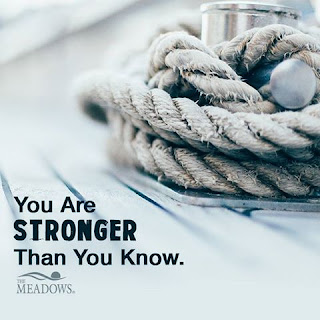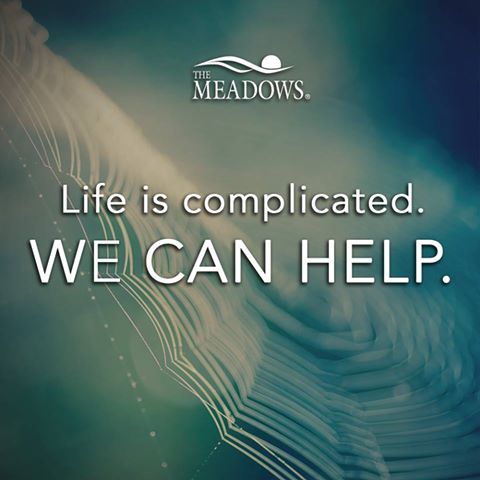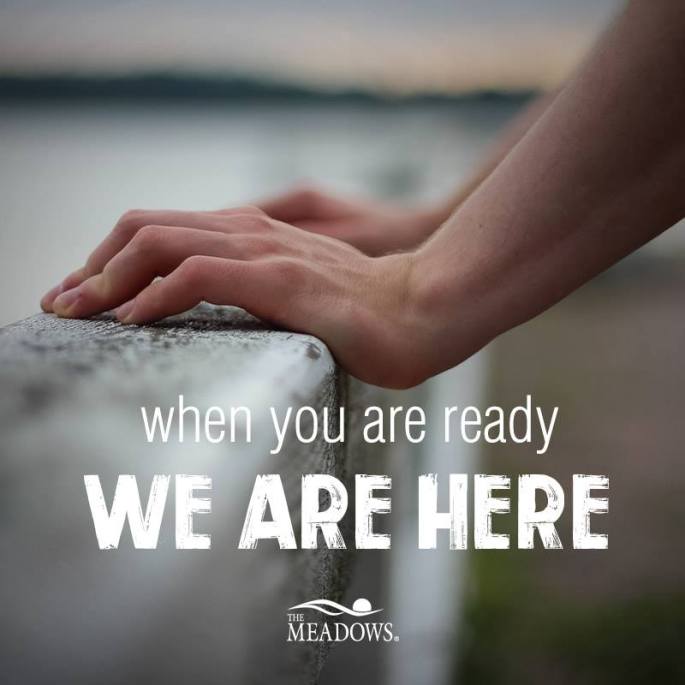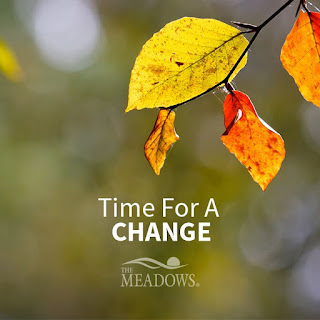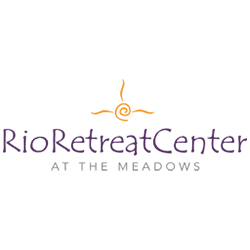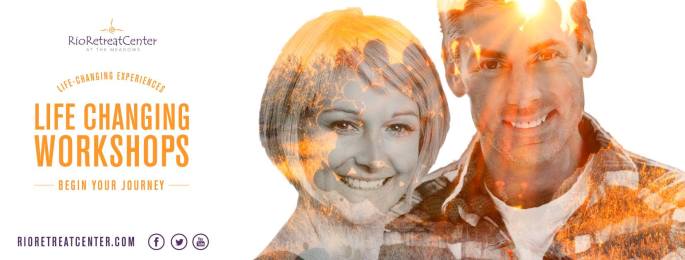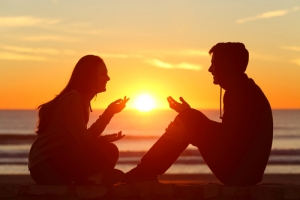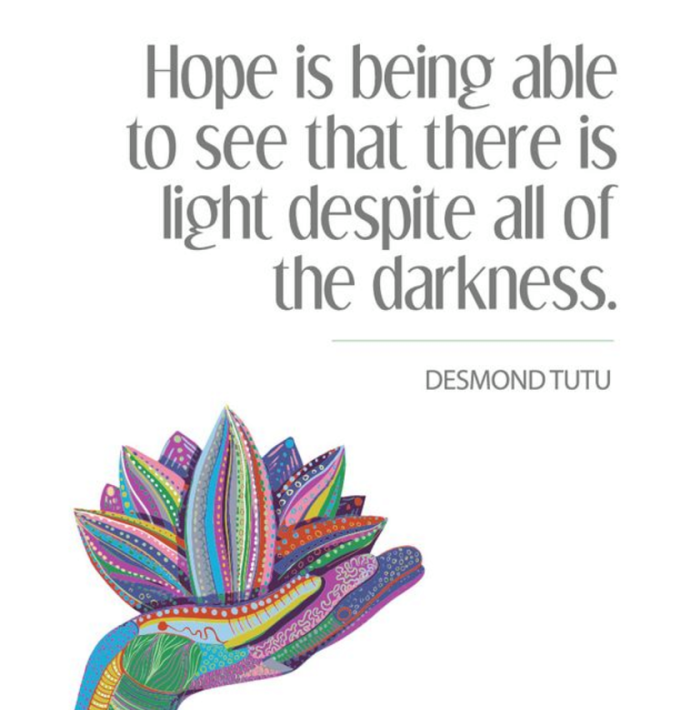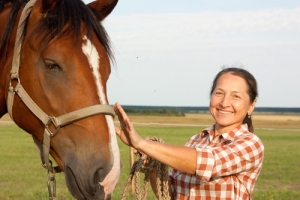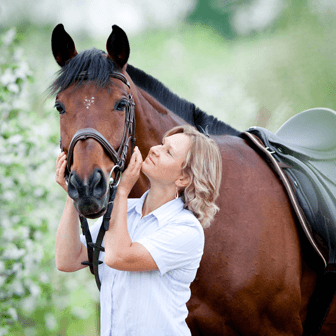Grief
is a part of life and more we avoid it, more we suffer. If we do not
grieve, we are tending to be emotionally weaker. People who do not
feel pain are said to be the most vulnerable people. The
vulnerability could change into addiction and disorders.
Thus,
Rio Retreat – center
for grief counseling
in Arizona. At Rio retreat, workshops are created to heal the pain.
There is no such concept as “ONE SIZE FITS ALL” when it comes to
grief. Every person heals in his own way at proper time.
However,
following are the ways to deal with grief and loss:
-
Identify
and acknowledge:
If
you identify the source of grief and acknowledge it rather that
ignoring it, you will feel lesser need to grieve and you will heal.
There are times when we do not let ourselves break down but that is
incorrect. Try to identify all the situations and manipulate them,
which bring up sadness or pain for you.
-
Cry
your eyes out:
One
of the best reasons to grieve is to cry your heart out. This will
lighten up your mood. Not crying will give you anger and addictions
that will harm you even more. Do not think about others and just cry
yourself to the point where you certainly don’t cry for the same
reason again.
-
Talk,
Talk, Talk:
Most
of the problems vanish by talking. Take the help of the counselor and
talk to him about your grief. Talking and crying reduces 90% of the
problems and will save you from indulging into alcohol or drug
practices. There are many health care centers providing counseling
for grief in Arizona.
Contact
them
and
you will definitely find a good solution to your grief.
These
are the healing modes that work out. Embrace your grief rather than
ignoring it. It will reduce your pain rather than increasing it.



